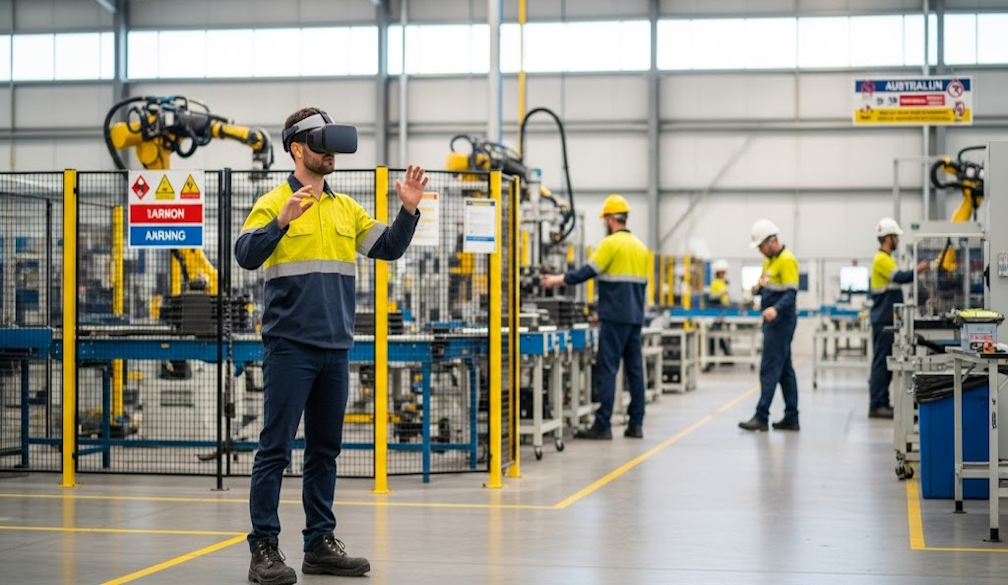Manufacturing Sector Safety and Conflict Resolution

Australia's manufacturing sector, employing over 900,000 workers, faces unique challenges in maintaining workplace harmony while meeting production demands. Manufacturing companies nationwide are implementing dealing with difficult customers training that extends beyond external customers to include internal conflict resolution and safety communication.
Factory floors create unique interpersonal dynamics where production pressures, shift work, and safety requirements can generate conflicts. What is meant by virtual reality in manufacturing encompasses training that helps supervisors manage team conflicts while maintaining productivity and safety standards.
BlueScope Steel's implementation of VR conflict resolution training across their facilities showed impressive results. Workplace incidents requiring management intervention decreased by 52%, while productivity metrics improved by 18%. The correlation between workplace harmony and production efficiency became undeniably clear.
Quality control creates frequent friction points between production teams and quality assurance staff. VR scenarios help both groups understand each other's perspectives, building communication strategies that maintain standards without creating adversarial relationships. This collaborative approach improves both quality and morale.
Supply chain disruptions increasingly create customer service challenges for manufacturing staff. VR training prepares sales and customer service teams for difficult conversations about delays, quality issues, or specification changes. The ability to maintain customer relationships during challenges proves crucial for long-term success.
The technology addresses safety communication challenges in multicultural workforces. VR scenarios help supervisors communicate critical safety information across language barriers, using visual demonstrations and cultural awareness to ensure universal understanding of safety protocols.
As Australian manufacturing evolves with automation and global competition, companies investing in human skills alongside technical capabilities are building resilient operations. They're recognising that even in highly automated environments, human communication and conflict resolution skills remain critical for success.









